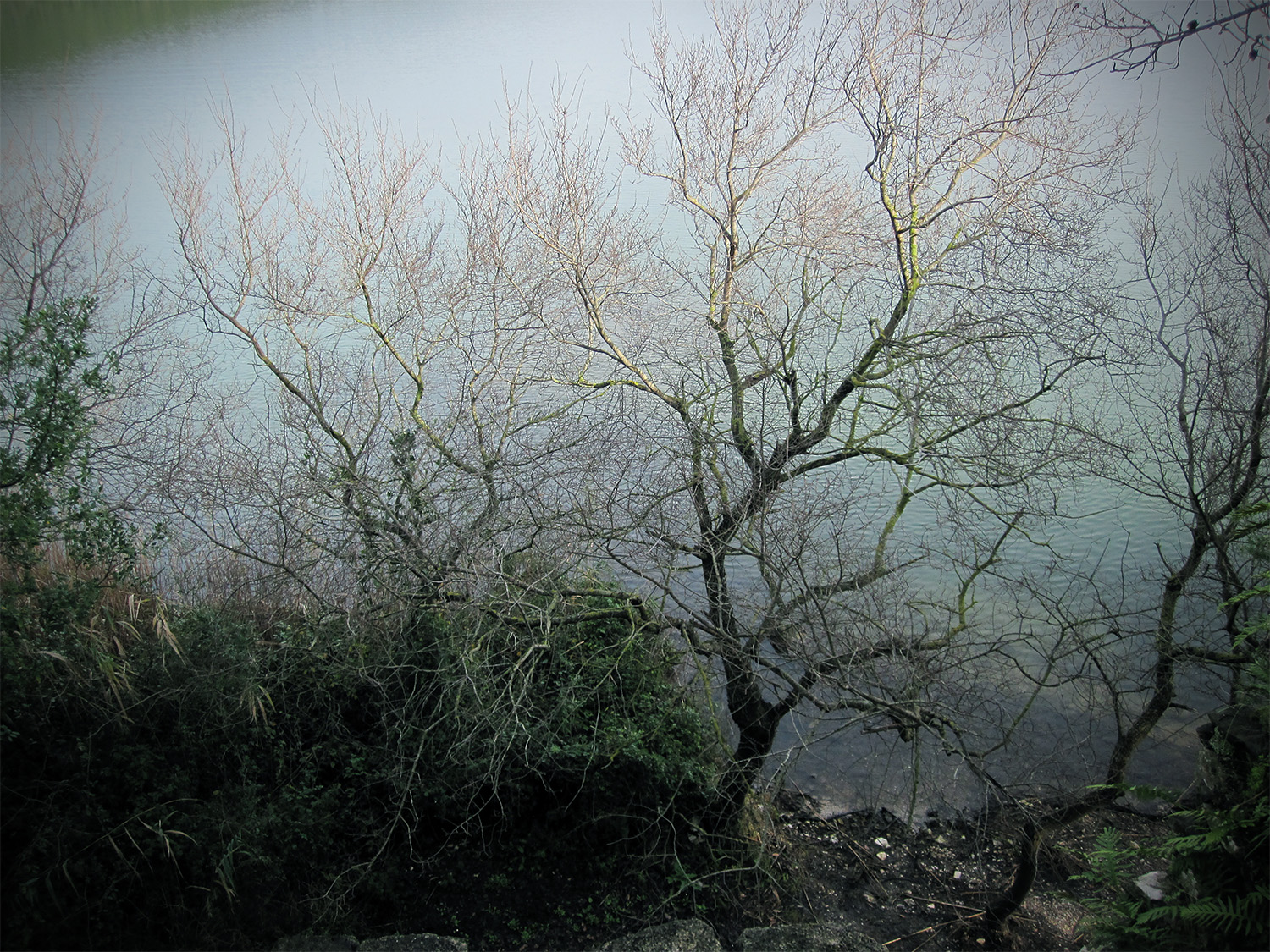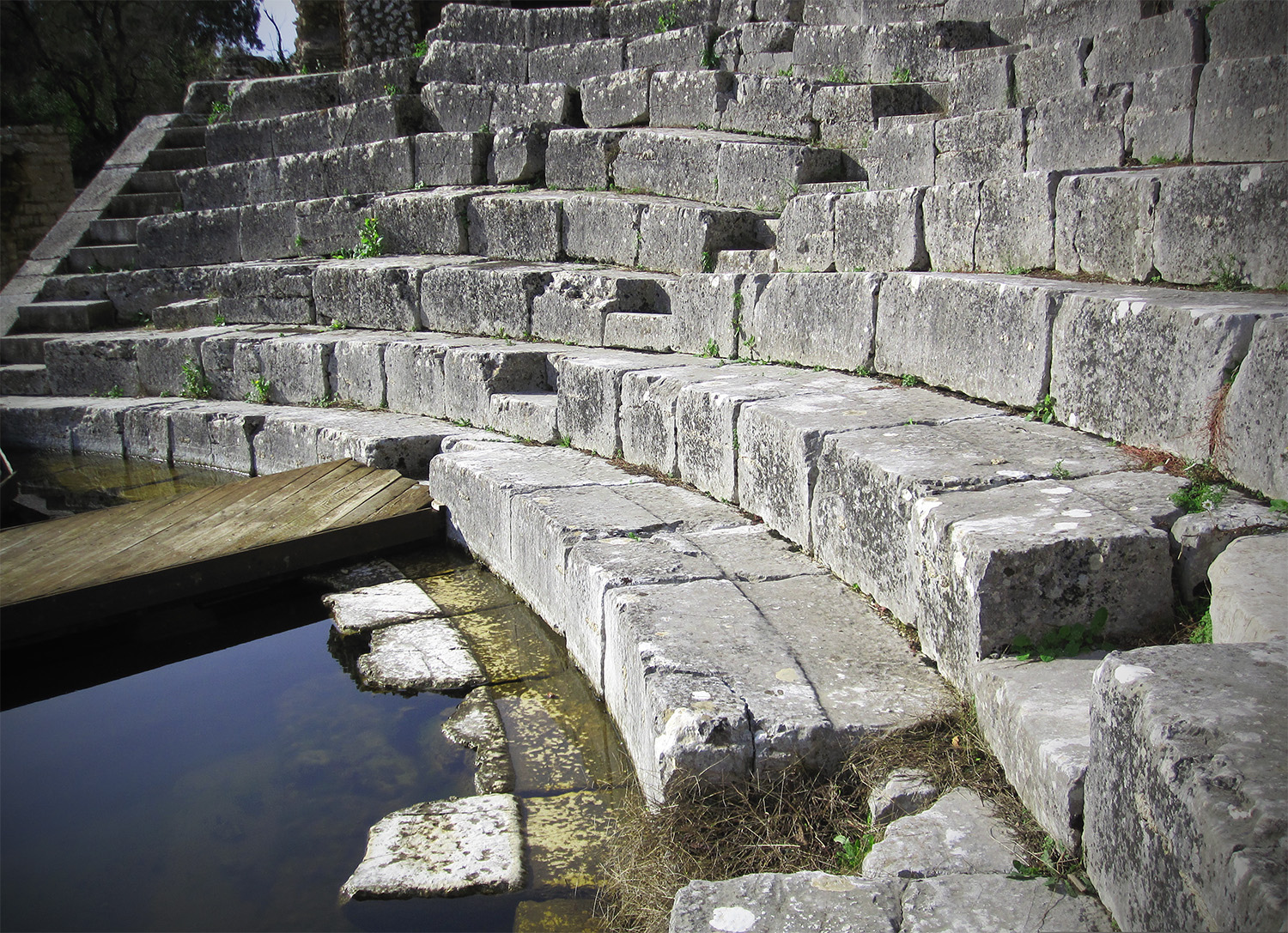June 2022
megrims, firks and melancholies
15 June 2022, around 11.03.

The weekend started so well: I got up early on Saturday and went for a run – not my usual day, but the book group was meeting that evening, which meant a (relatively) late night, which led me to go for my run a day early in the hopes of cultivating greater flexibility in my schedule and (hopefully) greater psychological resilience.1 Setting up with my book to review for that evening, I found my breakfast insipid, distasteful, nearly nauseating.2 Then the breakfast table seemed at once too bright, the lower half of my field of vision shimmering, staticky, the page masked by a geometrical flickering like sunlight on the sea. Like an overly clever idea, the appearance of light dazzles but does not illuminate. Unpleasantly familiar: incipient migraine, with the attendant pressure of time, as the edges of the aura fracture and burn, to seek what palliatives one can – caffeine, analgesics, darkness, unconsciousness (only this last is really effective).
This following is an excellent medicine to purge the head of naughty humors, & to helpe the head∣ache, the swymming of the head, and the mygrym. Washe the rootes of Beetes, and cutte away the vp∣permost backe, then stampe the same, and wryng out the iuyce therof, then snuffe some of it out of a spoone into your nose: and a maruelous effect wyll followe, and a speedy remedy therof. A Gentleman a friende of myne tolde mee this, as a most sure and proued thing in this case.
It is not quite clear to me what causes the migraine; for some, it is tied to the weather; for others, hormones. For me, it seems somehow linked to stress (although it is not an index of stress) and sunlight. The stress in question is usually linked to some sort of self-judgement, a bringing to light of something better left buried – a sort of grave bell for emotions too hastily interred: unpleasant, uncanny, unhelpful. The migraine is not simply a headache; it defies comparison with other ailments, but incorporates too many of them to escape that comparison.3 It has seemed to me an exotic, otherly thing (and it does seem somehow embodied and separable – an antagonist), perhaps because I first experienced one in Albania.
It was January. We had left a wedding party in Tirana, escaped the tour group trailing the relics of Skanderbeg, and had headed south to see a friend of a friend who was a Peace Corps volunteer in a village in the south. We had left Gjirokastra and gone, despite (warranted) warnings about the tortuous switchbacks, to Sarandë, a seaside town quiet in the off season. The ancient town of Buthrōtum (or Βουθρωτός, now Butrint), its palimpsest of ruins (a commonplace, but accurate) incorporated into a wildlife refuge (UNESCO approved), was a short bus ride to the south, so we took a day trip to visit.4
I don’t recall many details from our visit to the site. I remember partially overgrown pathways and semi-excavated ruins. I remember flickering of sunlight and shadow, and I remember being interested and amused. It seemed like a garden, cultivated but neglected – a study in the picturesque. It did not leave the impression, as many ancient sites do, of being scrubbed clean, bleached, and labelled for the edification of a poorly imagined audience, nor of being gnawed away by the locust of attention (which could have been due to the season, I suppose). Although not a living human settlement, it seemed alive and guarded, as though time were a watchdog patrolling the shadows of the quotidian. It seemed like a place where there might, on other occasions, for other visitors, be ghosts.

The one thing I do remember was the theatre, which is strange, because at the time it did not seem real: it was every ancient theatre I had ever visited, all at once, in layers, echoing with every conversation. It warped and shimmered and seemed to be sinking slowly, visibly into a shining sea in which swam turtles and other darker things. I sat there for a bit, studying the stone but not seeing it, avoiding looking at or thinking about the water. We may have argued about something stupid, but I cannot recall – can only recall the sense of being off-balance, of the semi-circle of stone seeming to ripple as though it were already underwater. We went out to wait for the bus back to town. A fortress. Black eagle, red ground, alabaster sky – flapping, flickering, folding; inexplicable: not a breath of air. A small cup of unexpectedly decent coffee a slender tether to reality. Then motion sickness, the emptiness of the hostel leached of color, sleep, oblivion.
In a day or two we returned along the winding road to Tirana, and in the plane back to Yerevan, the migraine did not seem real; the memory never does seem real, for months or years, until the creeping dazzle of the aura exhumes the all too familiar reality of the next.
- So many of the papers I end up editing these days are about psychological resilience of the ‘Big Five’ personality traits; these are topics which have always struck me, like Proto-Indo-European, as being more a matter of conversation than reality. [↩]
- I am setting my adjectives in cascades of threes again, which for some reason makes me think of a rather narrow-minded criticism of Iris Murdoch, who tended to clump them in fours. [↩]
- It is not like a hangover; it is not like a toothache; it is not like a stomach flu; it is not like coming out of an eye exam to a sunny day without sunglasses; it is not like the floating lethargy of pneumonia; it is not like the entire body soreness after a day of hard physical exertion, but somehow concentrated in a pin-prick on one side of the skull; it is like all of those things at once, but other and more. It is the opposite of comfort and well-being. [↩]
- In my recollection, the bus running on that then unimproved road was a mustard or orange colored Soviet bus, like the one that used to run from Goris to Tatev before that route was improved with an aerial tramway. [↩]
